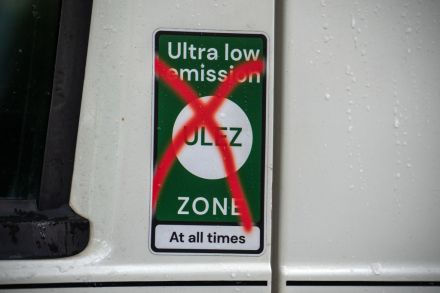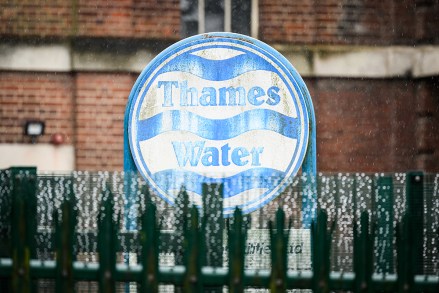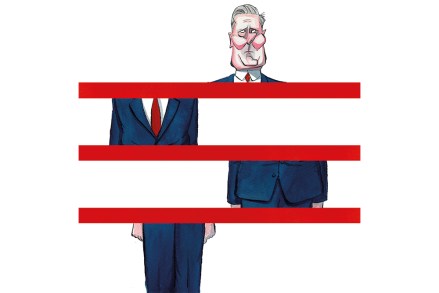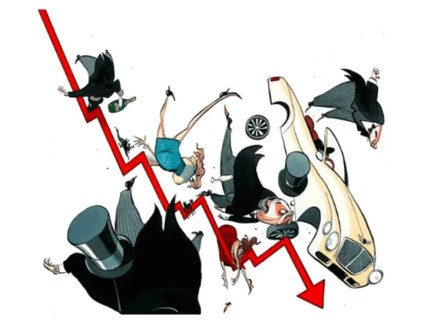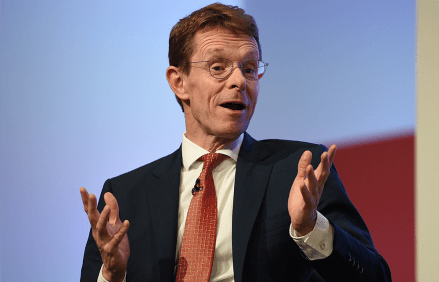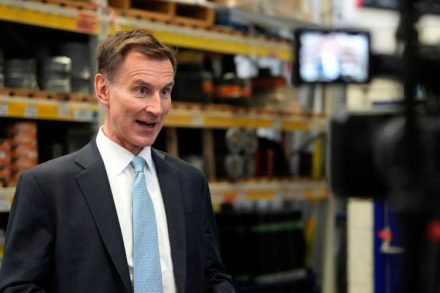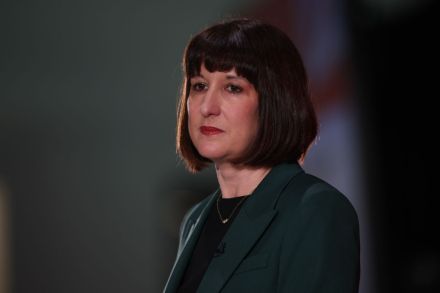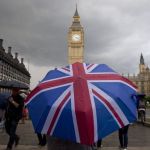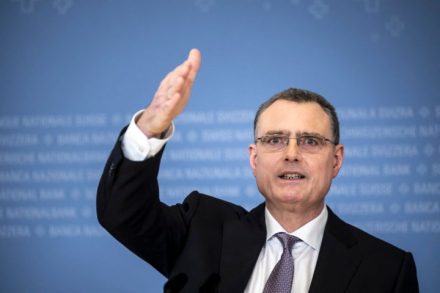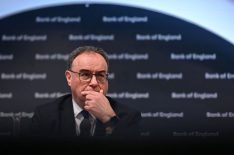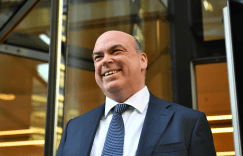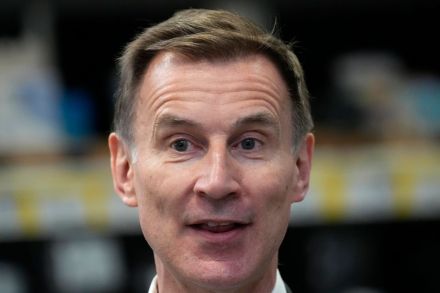Why Britain is building the world’s most expensive nuclear plant
For over 20 years, Britain effectively gave up on building new nuclear power stations. But that’s changed now Hinkley Point C in Somerset is under construction. When completed it will provide around 7 per cent of the UK’s electricity. Hinkley Point C is set to be the most expensive nuclear power station ever built. In fact, it is more than four times more expensive on a pound-for-megawatt basis than the average nuclear power plant built in South Korea. Even Flamanville 3, a French plant that uses the same reactor (EPR-1750) and built by the same company (EDF), is set to cost at least 25 per cent less. Why has Hinkley Point C





